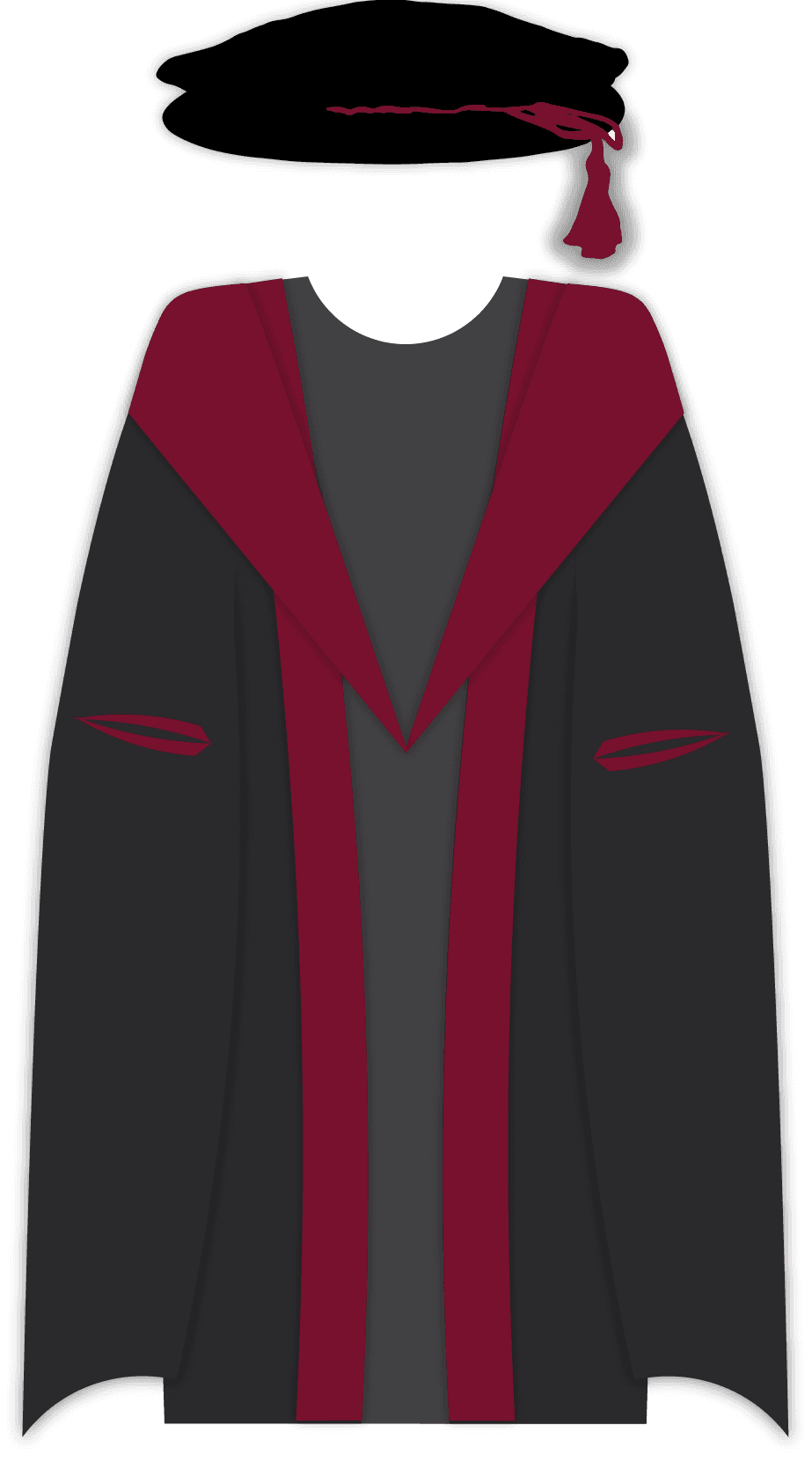Overview
The Doctor of Ministry is a professional research degree for people involved in ministry. It assists religious leaders to develop their ministry practice and associated research skills at an advanced level. Participants engage with contemporary debates about ministry practice, reflect critically on areas of ministry specialisation and carry out original research in professional practice, the results of which are presented for external examination.
Course learning outcomes
Graduates of the Doctor of Ministry:
- have a substantial body of knowledge at the frontier of professional ministry or related practice in ordained and/or lay settings, including knowledge that constitutes an original contribution to the field
- have a substantial knowledge of research principles and methods applicable to professional ministry or related practice
- have expert cognitive, technical, and creative skills to use intellectual independence to think critically, analyse and evaluate existing knowledge and ideas in professional ministry or related practice, undertake systematic investigation, reflect on theory and practice to generate original knowledge, demonstrate expert understanding of theoretical knowledge and to reflect critically on that theory and practice and its application to integrative ministry or related practice.
- apply knowledge and skills with intellectual independence, and with responsibility and accountability to plan and execute an ongoing program of original research to generate new knowledge in the context of professional ministry or related practice, and to understand explicit and implicit ethical considerations to the formulation of a research project
- have skills to present explain and critique theoretical propositions, methodologies and conclusions, and to present cogently a complex investigation of originality or original research for external examination against international standards and to communicate results to peers and the community.
Course structure
The Doctor of Ministry consists of 432 points comprised of:
- DA9700Z Reflecting on Best Ministry Practice
- DA9701Z Theology for Ministry Practice
- DA9702Z Introduction to Community Research
- DA9703Z Community Research Portfolio 1
- DA9703Z Community Research Portfolio 2
- DA9703Z Community Research Portfolio 3
- 18 points of a research methodology unit
- 90 points of Postgraduate Elective units
- 216 points of Doctoral units including the research project component.
Duration
The standard full-time duration of the Doctor of Ministry is three years. The Doctor of Ministry must be completed in not less than two years and not more than eight years from the date on which the course is commenced, unless the Academic Board decides otherwise, provided that: a) a full-time candidate must complete the course of study within four years; and b) any period of part-time enrolment is calculated as half of a full-time load, and the maximum length of candidature adjusted accordingly; and c) approved periods of leave of absence are not included in determining the length of candidature; and d) any period in which a research project is under examination is not included in determining the length of candidature; and e) any candidate who does not complete the course of study within the maximum time and whose candidature lapses in good standing may be permitted to submit a research project for examination within two years of the date on which candidature lapsed.
| Minimum duration | 2 years |
| Standard full-time | 3 years |
| Maximum part-time | 8 years |
Admission criteria
Candidates who have completed at least 72 points in the Adelaide College of Divinity Doctor of Ministry may apply to transfer their enrolment to the Doctor of Ministry with effect from 1 January 2023. Candidates may receive specified credit for units completed satisfactorily at the Adelaide College of Divinity through a credit transfer.
Fee summary
The total cost of the Doctor of Ministry at 2026 fees is $60,912.
The cost for a year of study at 2026 fees is $20,304 (full-time) or $10,152 (part-time).
Fees are subject to change from year to year. For more information about fees, please visit the Fees page.
